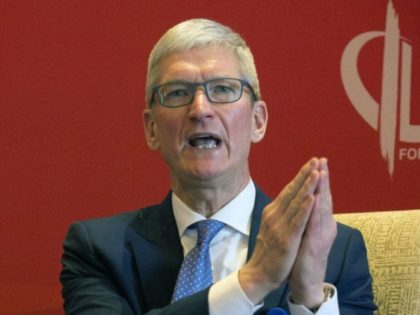Apple Adds Antitrust Risk Section to Annual Proxy Statement
Tech giant Apple has added a new passage on antitrust issues to its annual proxy statement to investors as Silicon Valley giants face further scrutiny over anti-competitive practices.
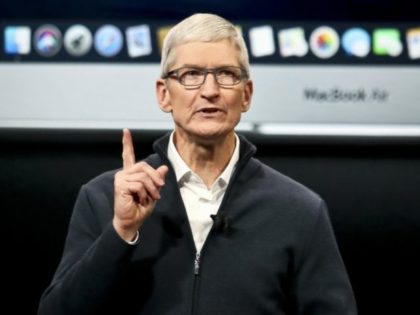
Tech giant Apple has added a new passage on antitrust issues to its annual proxy statement to investors as Silicon Valley giants face further scrutiny over anti-competitive practices.

Given Big Tech’s flagrant interference in the 2020 election — a steal, out in the open, in front of everyone — it’s tempting to welcome any regulatory or legal action that might punish them.
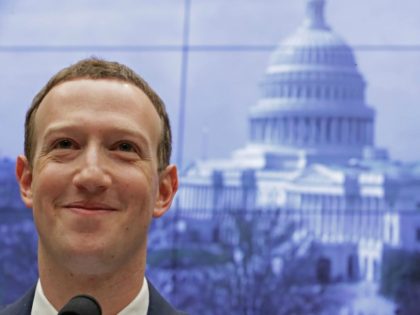
A recent article written by a Vanderbilt University law professor explains why much of the antitrust case recently filed against Facebook relies heavily on emails from CEO Mark Zuckerberg.
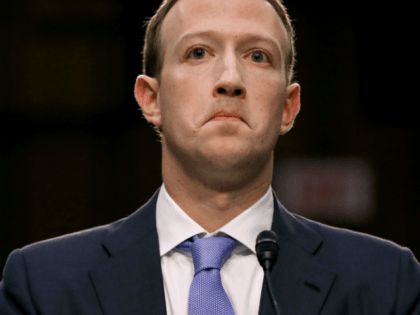
In a recent article, the Wall Street Journal outlines how e-commerce giant Amazon gains an advantage over smaller competitors, “steamrolling” their business with similar products and services on its massive platform.
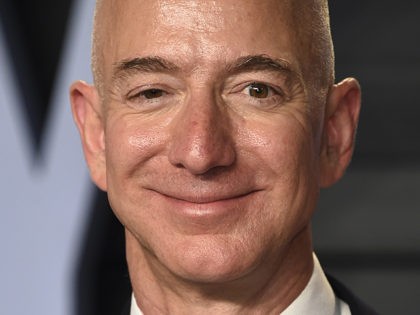
A recent report claims that tech giant Facebook’s lawyers told state and federal investigators that it could help a new social network launch by licensing its own code to another firm to avoid antitrust lawsuits.

In a recent article, the Washington Post has provided an insight into Facebook’s secretive campaign to battle recent antitrust lawsuits.
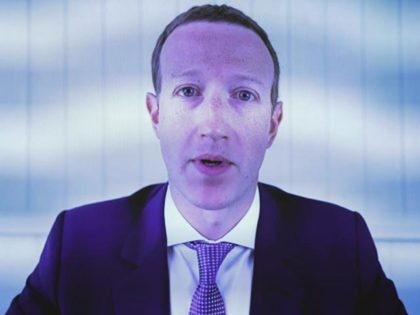
According to a recent lawsuit filed by ten state attorneys general, tech giants Facebook and Google agreed to “cooperate and assist one another” if they faced an investigation into their deal to work together in the online advertising market. Google and Facebook have turned the online advertising business into a duopoly that Amazon has only begun to work its way into. Internal documents included in a draft of the lawsuit use terms from the Star Wars films to describe the deal struck between the Masters of the Universe, including the term “Jedi Blue.”

38 state attorneys general sued Google and its parent company, Alphabet, Inc. on Thursday over antitrust violations pertaining to its domination of the search engine market. The lawsuit alleges that Google’s search engine prioritizes products and services owned by Google at the expense of third-parties and small businesses.

Google is now facing a third antitrust suit, filed by a bipartisan coalition of 35 states, accusing the tech giant of favoring its own products and services in its market-dominating search engine.
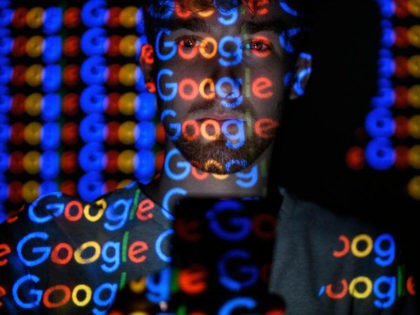
Texas attorney general Ken Paxton along with the attorneys general of eight other states have filed an antitrust case against Google, alleging the company abuses its monopoly power in digital ads to harm consumers and businesses.
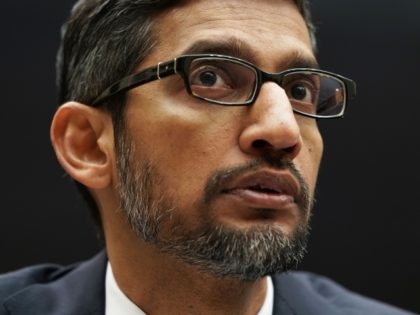
In a recent article, the New York Times notes that as the Masters of the Universe at Google faces antitrust scrutiny, it’s becoming clear that the company’s complete index of the internet makes it unrivaled in the web search space.

Recently filed antitrust lawsuits against social media giant Facebook claim that the company engaged in illegal tactics to stifle competition, including subjecting companies that refused to be bought out to the “wrath of Mark” Zuckerberg.
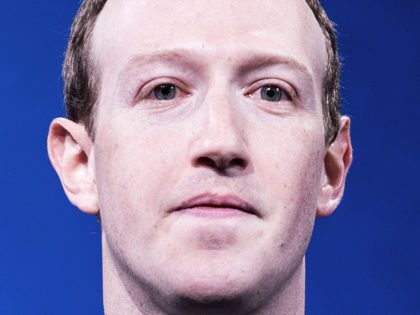
The FTC and 48 states are set to launch a legal assault on Facebook over claims of antitrust violations. The lawsuits seek to break up Mark Zuckerberg’s social media empire.
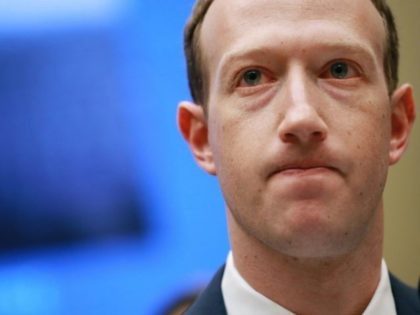
Texas Attorney General Ken Paxton recently stated that tech giant Google could face additional antitrust lawsuits from multiple states “in the upcoming weeks and months.”
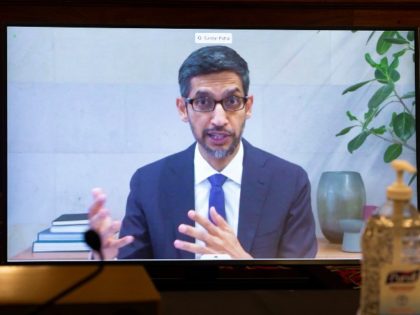
A recent report claims that a group of at least 40 states led by New York is set to file an antitrust lawsuit against Mark Zuckerberg’s Facebook as early as next week.

Despite ongoing government antitrust investigations and lawsuits, tech giants Facebook and Google are continuing to finalize deals to purchase rival companies.

Tech giants Facebook and Google are reportedly facing further legal issues as federal and state antitrust authorities prepare to file new lawsuits against the companies in the coming weeks.
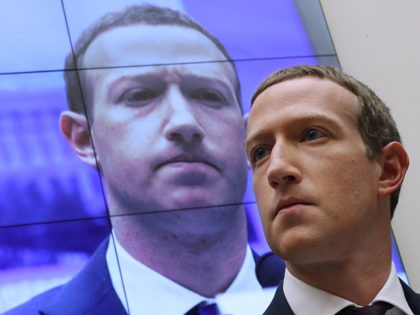
While rivals have warned of Google’s privacy problems and market dominance through monopoly power, many are reportedly hesitant to pursue antitrust measures due to their reliance on the tech giant’s money. In the case of Mozilla, which makes the Firefox browser to rival Google’s Chrome, the vast majority of its revenue comes from an agreement to make Google the browser’s default search option.

A recent report from the New York Times states that the Justice Department is targeting a secretive partnership between Apple and Google worth billions of dollars as part of its landmark antitrust case. The deal, which cemented Google’s control of internet search, is described as “one of the most lucrative business deals in history” by the Times.
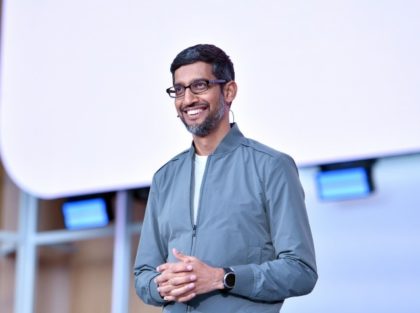
At a recent virtual conference hosted by the Wall Street Journal, former Google Chairman and Clinton lackey Eric Schmidt stated that he doesn’t believe that the tech giant is a monopoly as it doesn’t have 100 percent market share.

The recent landmark antitrust lawsuit from the Justice Department claims that Google paid mobile carriers $1 billion last year to continue its monopolistic dominance of searches completed on America’s smartphones.

The Justice Department has filed its long-awaited antitrust lawsuit against Google, alleging that the Big Tech Masters of the Universe engaged in anticompetitive practices to preserve its monopoly power and crush competitors to its search and advertising businesses. The Wall Street Journal first broke the story on Tuesday morning that the lawsuit would finally be filed.
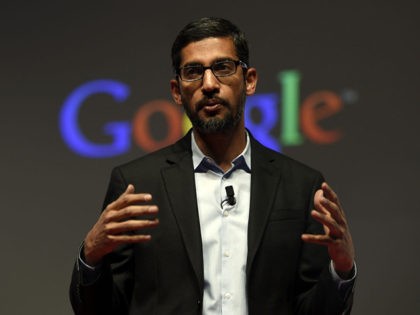
A recent report from the Wall Street Journal outlines how travel sites that previously benefited from Google’s search engine rankings are now finding themselves being limited by the company’s algorithms as Google creates its own products in direct competition with them. Travel is yet another web niche that is feeling the might of Google’s monopoly power.

A recent report alleges that the Justice Department plans to charge Google with violating antitrust laws this week in the largest action taken against a U.S. tech firm in two decades.

A recent report from the New York Times alleges that employees at the tech giant Google are encouraged to speak freely within the company, but one topic is forbidden — the internet giant’s antitrust behavior and crushing competitors using monopoly power.

In the latest update on the legal battle between Fortnite developer Epic Games and Apple, a judge has ruled that Apple cannot be forced to put the popular video game back in its App Store and criticized Epic Games for what she called deceitful practices and intentional breach of contract.

Tech giant Apple reportedly forced the privacy-focused email app ProtonMail to add in-app purchases to its iPhone app despite the service being free for years. Apple’s treatment of the popular privacy-centric email service is another example of Tim Cook’s company flexing its monopoly power. ProtonMail CEO Andy Yen likened Apple’s app store policies to “mafia extortion.”
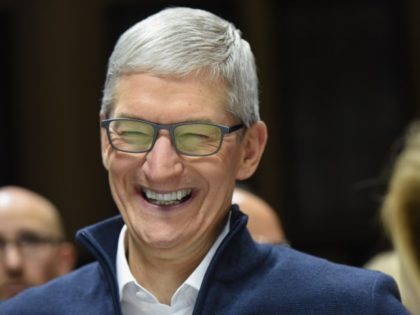
In a recent House antitrust report, former Apple App Store Director Phil Shoemaker states that Apple uses its App Store rules as a “weapon” against competitors. His testimony is just more evidence that the Big Tech Masters of the Universe use monopoly power to crush the competition.
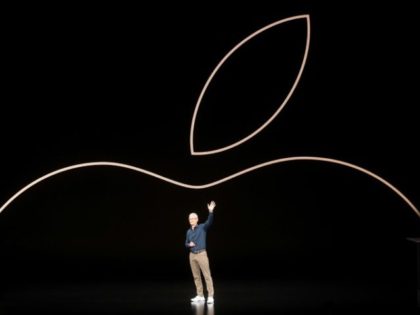
A recent report from top Democratic Congressional lawmakers has determined that tech giants such as Amazon, Apple, Facebook, and Google engage in anti-competitive behavior. According to the report, “To put it simply, companies that once were scrappy, underdog startups that challenged the status quo have become the kinds of monopolies we last saw in the era of oil barons and railroad tycoons.”
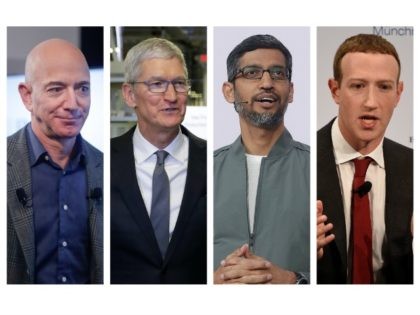
Facebook’s lawyers claimed in a recent document reviewed by the Wall Street Journal that a government breakup of Facebook from Instagram and WhatsApp would defy the law, cost billions of dollars, and harm consumers. According to the report, the document states: “A ‘breakup’ of Facebook is thus a complete nonstarter.”
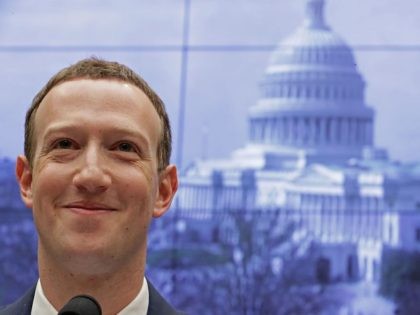
A new report states that tech giant Apple enjoyed a massive 31 percent spike in App Store revenue year-over-year in Q3, jumping from $14.5 billion last year to $19 billion this year. TikTok has emerged as the highest-earning non-game app on both the Apple and Google app stores.

Speaking at the Atlantic Festival recently, Apple CEO Tim Cook discussed the antitrust issues that the tech giant is facing amongst a number of other topics.

In a recent court filing, tech giant Apple has accused Epic Games of “starting a fire and pouring gasoline on it” by breaking Apple’s App Store rules.
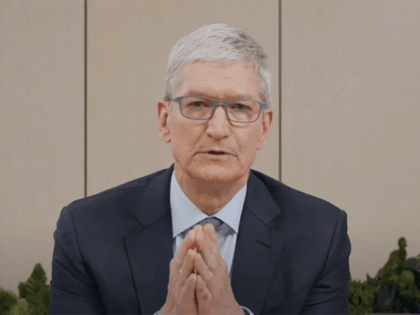
In a recent interview with NPR, Epic Games CEO Tim Sweeney, whose company created the megapopular game Fortnite explained why he chose to launch a legal campaign against tech giants Apple and Google. According to Sweeney, the Big Tech Masters of the Universe “exploit” developers with the singular interest of furthering their “monopoly.”
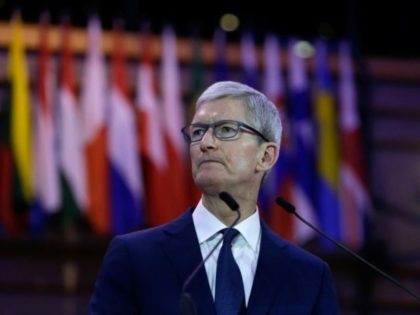
Tech giant Apple is now seeking damages against Epic Games, the developers behind the wildly popular game Fortnite, which sued Apple alleging that the company took part in monopolistic practices in relation to its App Store.

The New York Times claims in a new report that the Department of Justice has plans to file antitrust charges against Google within the coming weeks.

The legal battle between Oracle and Google, which stands accused of stealing technology owned by Oracle for use in Android smartphones, entered its tenth year last week.
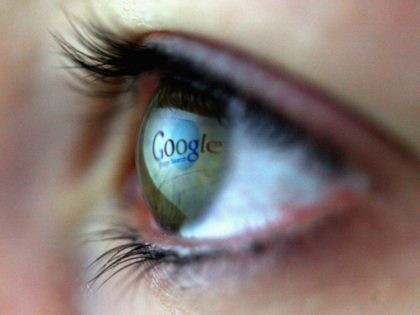
Facebook recently complained to Reuters that tech giant Apple rejected its attempt to explain to users that Tim Cook’s company would take a 30 percent cut of sales from its new online events feature, forcing Facebook to remove the message in order to implement the feature in its iOS app. Apple cited a policy against showing “irrelevant” information in updates to explain the decision.

The CEO of the popular restaurant review app Yelp, Jeremy Stoppelman, appeared on a podcast recently to discuss the growing monopoly power of the Big Tech Masters of the Universe. According to Stoppelman, Google doesn’t like to compete on a level playing field because, “when they tried to, they were losing.”
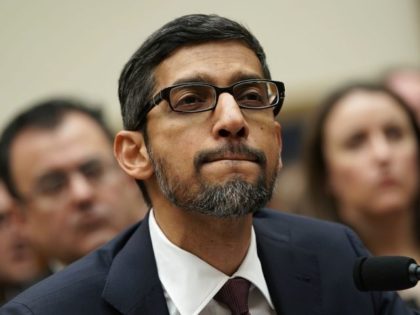
In a recent article, MarketWatch questions whether video games could actually be Google and Apple’s weakness in antitrust cases. One venture capitalist commented, “These closed gardens feel like extortion. You need to pay to survive. It harkens to Microsoft and the Department of Justice investigation, and AT&T before that. With Apple and Google, it comes down to what is the ‘right’ take for the platforms? Thirty percent? 10%?”
